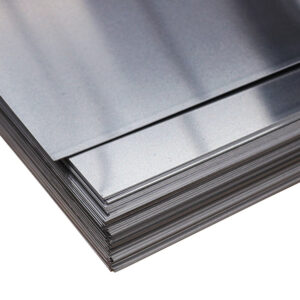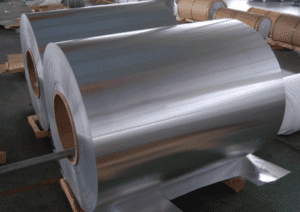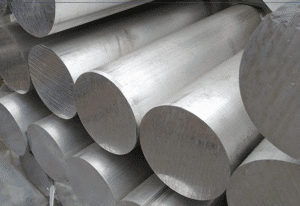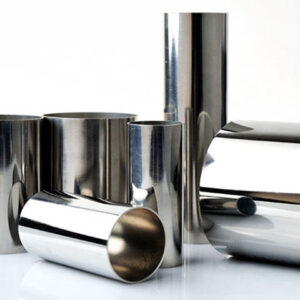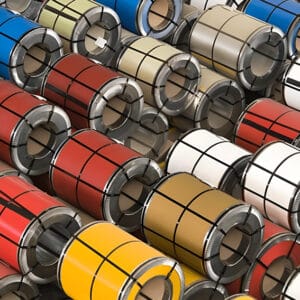
Aluminum has become a critical material in the electrical and electronics industry due to its unique combination of properties: light weight, high electrical conductivity, corrosion resistance, and excellent formability. As global demand for energy-efficient and cost-effective electrical components continues to rise, aluminum is increasingly replacing traditional materials like copper in various applications.
In this article, we will explore how aluminum is used in the electrical industry, its advantages over alternative materials, and why it’s the preferred choice for many electrical equipment manufacturers worldwide.
Why Aluminum is Ideal for Electrical Applications
1. High Electrical Conductivity
Aluminum offers about 61% of the electrical conductivity of copper by volume, but due to its significantly lighter weight, it achieves double the conductivity per unit of weight. This makes it highly efficient for use in overhead power lines and large-scale transmission systems, where weight reduction is crucial.
2. Lightweight and Easy to Install
Aluminum is three times lighter than copper, which reduces the overall weight of electrical installations. This weight reduction lowers transportation costs and simplifies on-site handling, making aluminum a cost-effective solution for large projects.
3. Corrosion Resistance
Aluminum naturally forms a protective oxide layer that prevents further oxidation, making it suitable for outdoor and high-humidity environments, such as transmission towers, solar installations, and marine electrical systems.
4. Cost-Effective
Aluminum is more abundant and significantly less expensive than copper. For budget-conscious electrical infrastructure projects, using aluminum can reduce material costs without compromising performance.
Main Applications of Aluminum in the Electrical Industry

1. Power Transmission and Distribution
Aluminum conductors are widely used in overhead power lines, underground cables, and busbars in switchgear and substations. Common aluminum products in this segment include:
- Aluminum rods and wires
- Aluminum busbars
- Aluminum-clad steel wires (ACSR)
2.Electrical Panels and Switchgear

Aluminum busbars are favored for electrical distribution panels, especially in commercial and industrial settings. Their light weight and ease of fabrication help optimize panel design and reduce installation time.
3.Heat Sinks and Enclosures

Due to its excellent thermal conductivity, aluminum is the material of choice for heat sinks in electronic devices like LED drivers, inverters, and power modules. It also serves as a protective enclosure for sensitive electronics.
4.Transformers and Motors
Aluminum windings are increasingly used in transformers and electric motors, especially for medium and low-voltage applications. They offer a good balance of performance and cost, with reduced weight and easier manufacturability.
5. Renewable Energy Systems
In solar power systems, aluminum is commonly used for:

- Mounting structures
- PV module frames
- Inverter housings
- DC cable conductors
Its corrosion resistance and durability make it suitable for long-term exposure in outdoor settings.
Aluminum Grades Commonly Used in Electrical Applications
Different grades of aluminum are selected based on mechanical and electrical requirements. Some popular grades include:
- 1000 Series (e.g., 1050, 1060, 1350): High conductivity, pure aluminum
- 6000 Series (e.g., 6061, 6063): Good strength and corrosion resistance, ideal for structural and enclosure components
- 8000 Series (e.g., 8011): Used for cable sheathing and packaging in electronic components
As a aluminum supplier, offering these specific grades in rods, bars, plates, coils, and tubes ensures flexibility and meets various customer needs in the electrical sector.

Conclusion: A Material for the Future
Aluminum’s role in the electrical industry is set to expand as the world moves toward electrification, renewable energy, and lightweight infrastructure. Its balance of conductivity, durability, weight, and cost positions it as an essential material for modern electrical systems.
For electrical manufacturers and EPC contractors, sourcing high-quality aluminum materials from a reliable supplier is critical. Zhonggong specializes in custom aluminum solutions for the electrical industry, offering bulk supply, tailored dimensions, and fast delivery worldwide.
Explore Our Electrical-Grade Aluminum Products
✅ Aluminum Busbars
✅ Conductive Aluminum Rods
✅ Electrical Enclosure Plates
✅ Transformer Winding Coils
✅ Heat Sink Profiles
Contact us today to get a free quote or technical consultation for your next electrical project.

